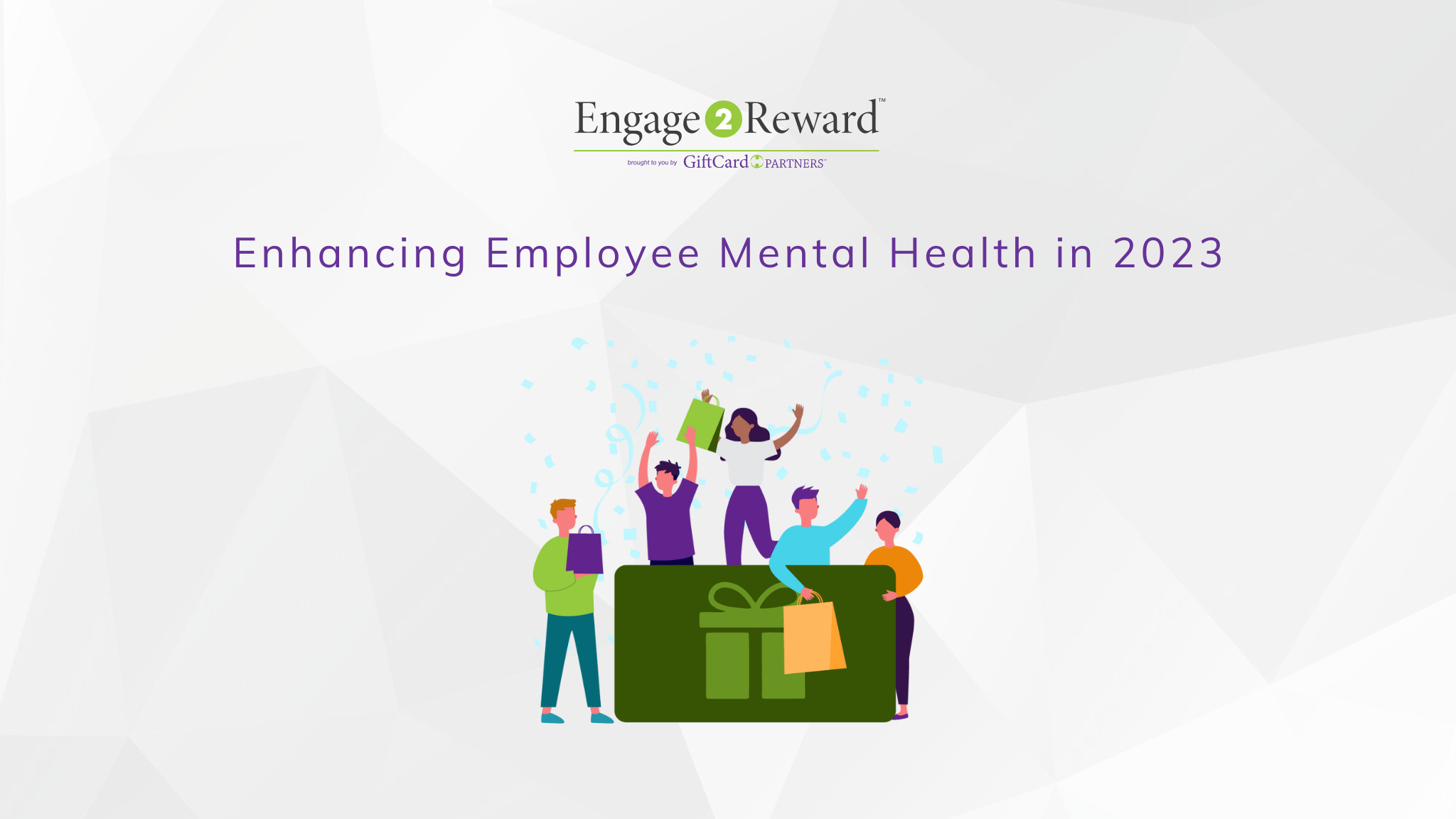Did you know that work-related stress is one of the leading causes of mental health issues among employees? In a world where productivity and efficiency are prized, it's more important than ever to acknowledge the significance of employee mental health. In this article, we'll delve deeper into the impact of work-related stress on both employees and organizations.
We'll provide compelling statistics to emphasize the importance of addressing employee mental health and suggest solutions that can create a positive work environment where employees feel supported. By investing in workplace wellness and implementing effective strategies, employers can ensure a healthier and more productive workforce.
1. Understanding the Impact of Work-Related Stress
Work-related stress can have severe consequences on employee mental health, leading to a ripple effect that impacts the entire organization. According to the World Health Organization, companies that invest in mental health programs and initiatives can see a return on investment (ROI) of up to $4 for every dollar spent, due to reduced healthcare costs and increased productivity.It's crucial to recognize these consequences in order to devise targeted strategies for addressing employee mental health concerns. Consider that work-related stress can result in:
- Decreased productivity: Stressed employees struggle to focus, resulting in lower work quality and output. This can significantly impact a company's bottom line and hinder growth.
- Increased absenteeism: Employees facing mental health issues are more likely to take time off work to cope. This can disrupt workflows and put additional stress on other team members, further exacerbating the issue.
- Higher healthcare costs: Employees with mental health issues are more likely to have higher healthcare costs, with one study showing that individuals with depression had 48% higher healthcare costs compared to those without depression (Journal of Clinical Psychiatry).
Approximately 18% of the working-age population in the United States experiences a mental health disorder each year, which contributes to increased absenteeism and turnover (National Institute of Mental Health). Recognizing the far-reaching consequences of work-related stress is the first step towards addressing this critical issue and fostering a supportive work environment.
2. Promoting Workplace Wellness and Employee Mental Health
Investing in workplace wellness programs can significantly improve employee mental health and create a more positive work environment. By implementing these recommendations, organizations can demonstrate their commitment to employee well-being and create a culture of support:
- Offer mental health resources: Provide employees with access to mental health professionals and support networks to address stress-related issues. Ensuring employees have the necessary resources to cope with stress can make a world of difference in their mental well-being and job satisfaction.
- Promote work-life balance: Encourage employees to take breaks, set boundaries, and maintain a healthy balance between their personal and professional lives. By supporting work-life balance, employers can help reduce stress levels and improve overall employee mental health.
- Foster open communication: Create a culture where employees feel comfortable discussing their mental health concerns with management and colleagues. Open communication can help identify potential issues early on and allows for collaborative problem-solving.
Implementing these strategies can significantly enhance employee mental health and create a workplace culture that values wellness and support.
3. A Flexible Reward Solution: Offering Choice and Personalization
Consider introducing a versatile rewards system for your employees and customers. For example, the Engage2reward™ Choice Card is a customizable gift card option that eliminates the need to purchase brand-specific gift cards and allows recipients to select the perfect reward for themselves.
- Freedom of choice: The Engage2reward™ Choice Card can be redeemed on a secure portal for a reward of equal value, giving employees and customers the flexibility to choose what suits them best. This empowers individuals to select rewards that align with their preferences and needs.
- Personalized touch: Adding individualized messages for recipients makes the gift card feel more meaningful and memorable, fostering a greater sense of appreciation.
Immediate satisfaction: Opting for eGift card orders ensures recipients receive their rewards instantly, removing the wait associated with physical card delivery. - Seamless integration: Implementing this flexible reward solution is easy and does not require system integration, making it a hassle-free addition to your existing rewards process.
Incorporating the Engage2reward™ Choice Card into your employee and customer reward initiatives can simplify the rewards process while creating a more personalized and engaging experience.
4. Flexible Work Arrangements: A Key to Employee Mental Health
Flexible work arrangements have become increasingly popular, and one notable statistic is that companies that offer flexible work options have reported up to a 25% reduction in employee turnover (Forbes). They provide employees with the freedom to balance their work and personal lives better, which can significantly reduce work-related stress. Employers can consider the following flexible work arrangements to promote employee mental health:
- Remote work: Allowing employees to work from home or another location can reduce stress associated with commuting and create a more comfortable work environment.
- Flexible hours: Offering employees the option to adjust their work hours can help them manage personal responsibilities, leading to a healthier work-life balance and reduced stress levels.
- Job sharing: Enabling two employees to share the responsibilities of one position can provide added flexibility and promote a healthier balance between work and personal life.
Integrating flexible work arrangements into your company culture can contribute significantly to employee mental health and result in a more engaged, satisfied workforce.
5. Creating a Culture of Mindfulness
Mindfulness practices have been proven to reduce stress, improve focus, and promote overall mental health. By incorporating mindfulness into the workplace, employers can help employees manage stress and improve their well-being. Here are some ways to create a culture of mindfulness in the workplace:
- Offer mindfulness training: Provide employees with training in mindfulness techniques, such as meditation, deep breathing, or yoga. These practices can help employees manage stress more effectively and promote mental health.
- Encourage mindful breaks: Designate quiet spaces in the office where employees can take a break to practice mindfulness. Encouraging employees to take mindful breaks throughout the day can help them recharge and stay focused.
For example, the Plum Village app which is named after a mindfulness retreat center can ring a mindfulness bell for you once every hour so you can take a moment to turn inwards even if only for a brief moment. You can also adjust the bell time to your liking. - Lead by example: Managers and leaders can model mindfulness in their own behavior to create a culture where mindfulness is valued and practiced.
Every employee and employer alike can benefit from Incorporating mindfulness into the workplace. If executed thoughtfully, mindfulness can have a significant impact on employee mental health and overall well-being.
Conclusion
As work-related stress continues to take its toll on employees, it's more important than ever for employers to invest in workplace wellness initiatives that prioritize mental health. By understanding the impact of work-related stress, promoting wellness and mental health resources, offering flexible work arrangements, and cultivating a culture of mindfulness, organizations can foster a positive work environment where employees feel supported and valued. This, in turn, can lead to increased productivity, reduced absenteeism, and improved employee satisfaction, ultimately benefiting both employees and the organization as a whole.











